Home Seller Frequently Asked Questions Part Two
Over the years, I’ve met with hundreds of people planning to sell their homes. And whether they are “first time sellers” or have gone through the process before, it seems that the questions are always mostly the same. And that holds true whether they are selling their primary residence, an investment property, a second home or even a property they inherited.
This post is a continuation of a previous post and covers more frequently asked questions.
WHAT IS TITLE INSURANCE?
You have to provide clean title to a buyer. Title insurance protects the buyer against claims against title after the close of escrow. The seller pays for the buyer’s title insurance. The buyer pays for title insurance for the lender.
Unlike other forms of insurance, there is not much difference in cost between title companies. That’s because most of the policies wind up being underwritten by a few of the larger companies and because this part of the industry is highly regulated.
You can also choose your own title company but as title resides in a highly regulated segmented of the industry, there is little to no difference in cost. Most sellers allow the listing agent to send the title order where we choose.
SELLER HACK
The title company will require you to fill out a statement of information regarding your identity. Be preapred to address any name discrepancies, prior judgements or liens.
WHAT DOES ESCROW DO?
Escrow companies play a crucial role in the real estate industry. Acting as impartial third parties, they help facilitate smooth and secure transaction processes between buyers and sellers. When a purchase agreement is reached, the buyer typically deposits funds into an escrow account held by the company. This ensures that the buyer's earnest money is secured and protected until all terms and conditions of the transaction are met.
Escrow companies also coordinate with lenders, title companies, and other parties involved in the transaction to gather necessary documents, perform inspections, and ensure that all requirements are fulfilled. Once all conditions are met, the escrow company disburses funds to the appropriate parties, transfers title, and completes the closing process. Their meticulous attention to detail and adherence to legal and financial protocols make escrow companies indispensable in real estate transactions.
SELLER HACK
Before you agent opens escrow, inquire as to what company they will be using. You want to make sure that the escrow company has ample security not only for the funds that will be coming your way but also for your confidential information.
WHAT HAPPENS IF THE APPRAISAL IS LOW?
Real estate appraisals play a crucial role in the world of property transactions. Lenders require appraisals in order to set the value of the collateral that backs the mortgage. Appraisals are supposed to provide an unbiased evaluation of a property's value, incorporating various factors such as location, size, condition, and recent sales of comparable properties. However sometimes the appraiser’s “opinion of value” is not equal to the sales price.
If an appraisal does not meet the sales price, the buyer can cancel or the seller can sell at the appraised price (but does not have to).
In many instances, the parties re-negotiate. Just remember that you don’t have to sell at the appraised price if it is low and the buyer does not have to pay the sales price if they have an appraisal contingency and there is a shortfall.
SELLER HACK
Your agent should be present when the appraiser shows up. If you have done updates whether cosmetic or functional (new roof, new furnace), make sure your agent has a comprehensive list of all improvements to share with the appraiser/
The “real sale” often is made when the appraiser shows up so make sure your home looks at least as good as it did for the photos and open house if not better.
WHEN DO I HAVE TO MOVE?
The standard in the purchase contract is that the buyer gets possession on the day escrow closes. Most escrows close 30 days after acceptance.
SELLER HACK
Best to move before the day escrow closes because the current practice is to give the buyer possession when the deed is recoded which usually is by around lunch time. You don’t want you movers still there when the new owners show up.
WHAT IS A “LEASEBACK”?
In some instances we can negotiate a “leaseback after close of escrow”. A leaseback allows the seller to stay in the property for a limited time after escrow closes.
Leasebacks take two forms” Seller In Possession or Residential Lease after Sale. The SIP is used for short terms (under 30 days) while the RLAS is used for up to 60 days.
In very hot markets, it is possible to negotiate a leaseback at no cost. It is more common, however, for the seller to pay the buyer’s PITI during the leaseback period. PITI stands for principle, interest, taxes and insurance.
SELLER HACK
If you will need a leaseback, best to let your agent know early in the process so they can have the best negotiating strategy.
